
In the global rise of long-standing brands proposal and international trade demands, businesses are becoming more dependent on the wholesale industry to keep their supply of products and goods flowing. Every year, one businessman after another would find ways to answer customer demand. This is in the hope to develop various products that sell like hotcakes in the market. Companies manufacture products that set trends, and most of them become successful in satisfying the audience while others, unfortunately, flop, if it is not yet their time. Then again, that is how business works. For a wider selection of whole sale agreement templates, check out more options here.

Many industries have always tried to answer the demand of consumers for products that they find useful and satisfying, whether it is for personal use or business agenda. From clothes, gadgets, hardware, food and stationery materials, people in business have never run out of ways to be innovative in making sure they have satisfied customers and profits are gained by the hundreds or thousands. You can also view our legal agreement templates.

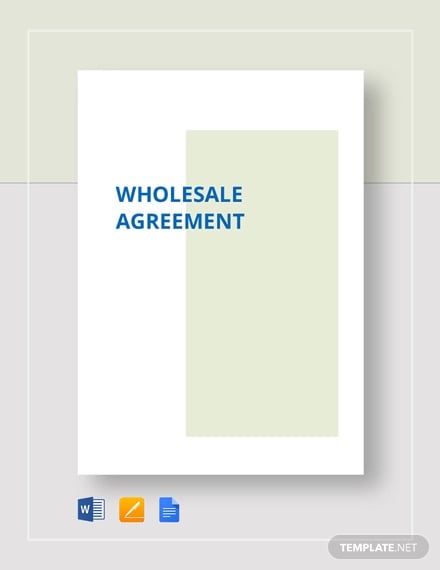
Check out this “Wholesale Agreement” template that is helpful to use if you are a wholesaler who wants to sell products to a retailer so that he/she can advertise your products in their establishment. Using this agreement template, you can detail the responsibilities of each party along with the terms of delivery, methods of payments, and requirements the retailer needs to provide to make the transaction smooth. It can be downloaded onto any electronic devices so that you can edit specifications anytime, anywhere.
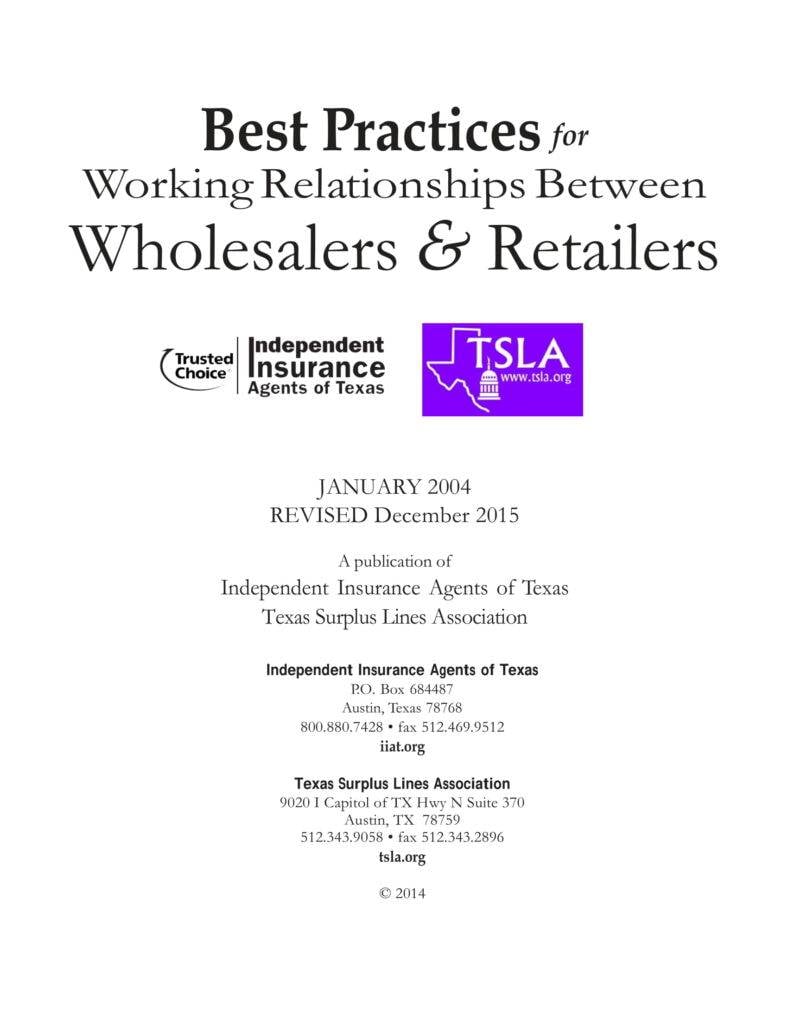
tsla.org
With that, the wholesale trade will not be the same without the usual shift of varied goods for the taking. And people always have to spend for their daily needs, with little guilty pleasures on the side sometimes. You may also see sales agreement templates. The good thing is, all these and more, can be offered by the best distributors in business. Everything has a place in the industry if you know where to find it. In the case of goods for wholesale, it’s usually the shelves and the racks of retail stores.
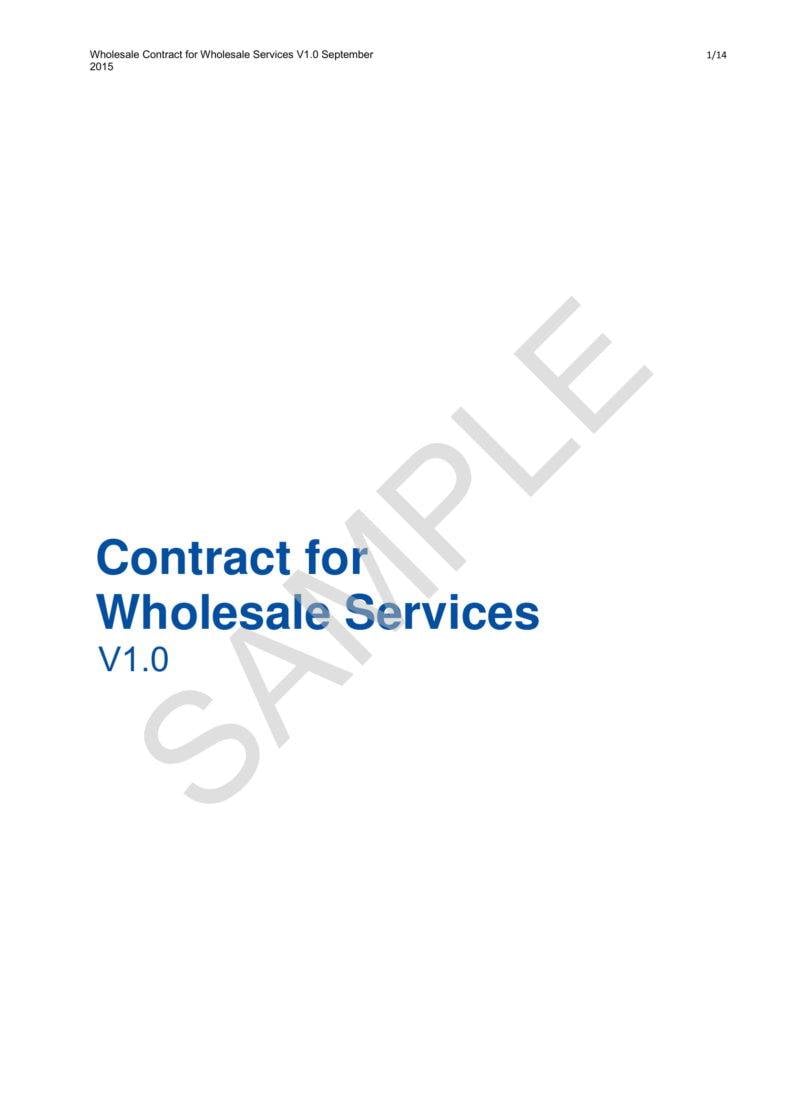
southernwater.co.uk
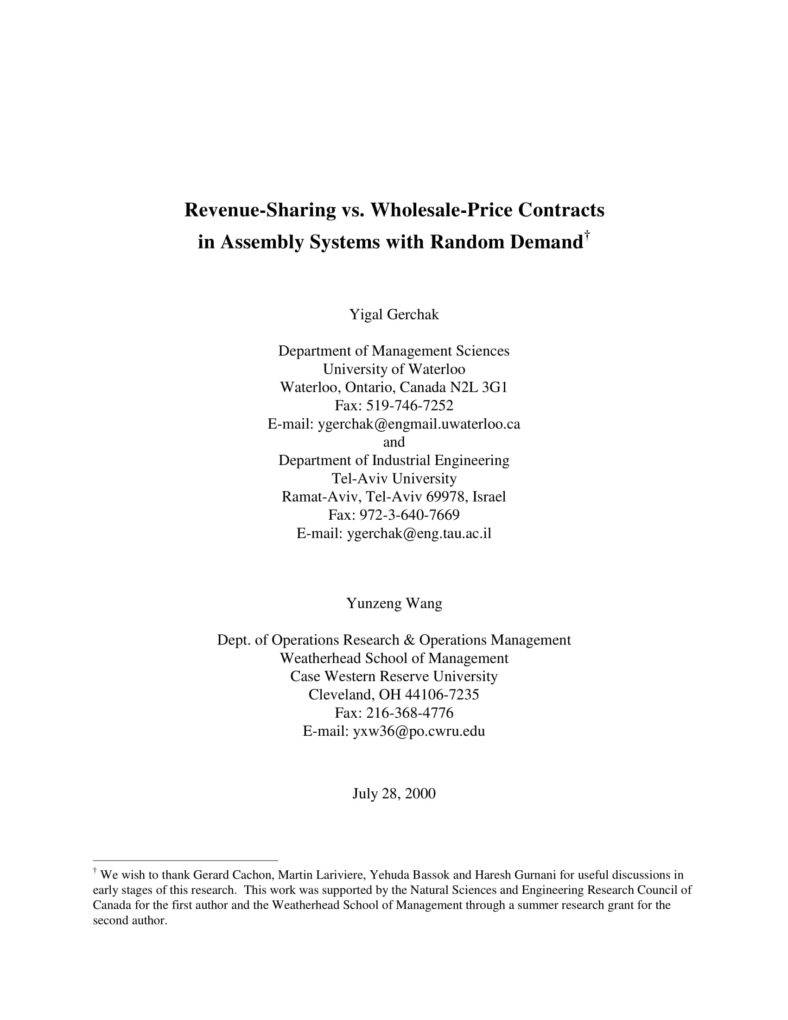
citeseerx.ist.psu.edu
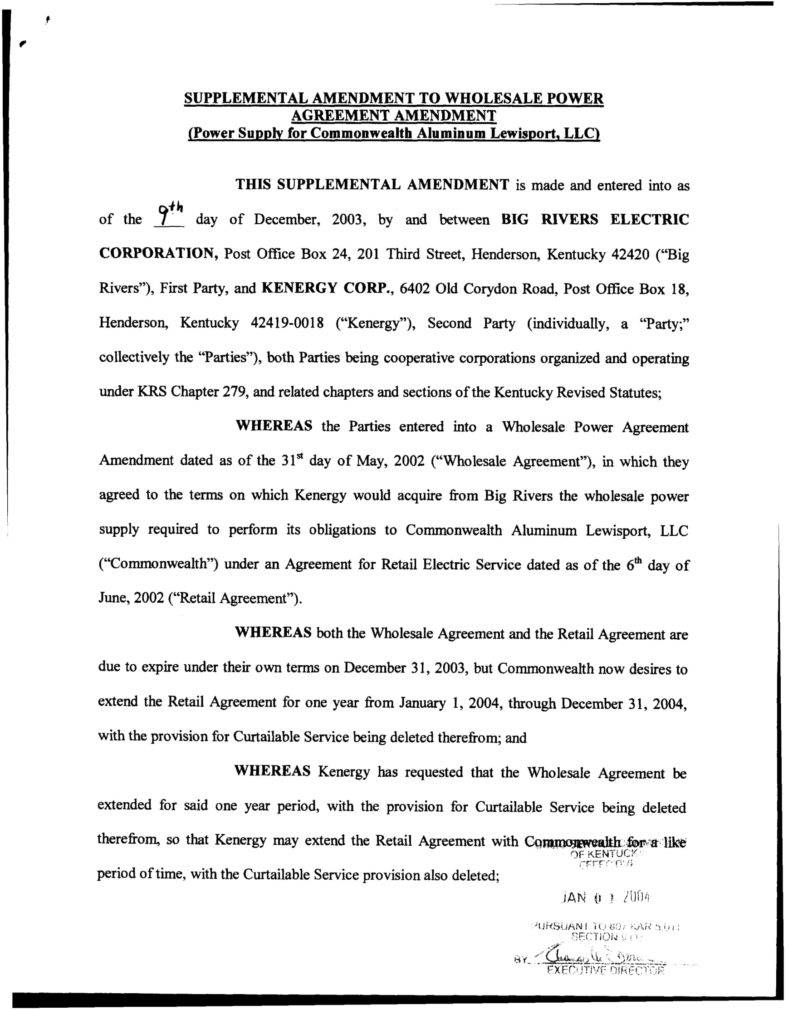
psc.ky.gov
Many goods-producing companies don’t necessarily sell their products and services to customers and instead use “middlemen” of sorts like retailers, wholesalers, agents, and brokers to perform varied marketing campaigns so that the products eventually reach the end-user. These people ideally sign themselves up for long term commitments into companies and would, therefore, make up the business distribution channels. It’s the manufacturers who use raw materials in the production of finished goods which are then transported to the retailers working with them and in rare cases, to the customer.
As a general rule, however, the flow of finished products starts with the manufacturer to one or more wholesalers before they hit the racks and reach the consumer. In countries that are less developed or industrialized, distribution tends to be more direct and, at the same time, complicated. For example, it wasn’t until the late 20th century that Japan, for all its famed technological advantage, had a marketing organization that comprised of tedious and long channels of distribution with so many different wholesalers.
Businesses have multiple distribution channels available, but wholesaling probably comes out on top, and so deciding how to structure it and who you structure it with, may just become one of the most important marketing decisions your company has ever thought of making. Some businesses do sell goods directly to the customer, because they can, just like how most industrial capital products are sold and distributed. Either that or they can put the wholesale contractor agreement they have agreed on terms with, to good use, to move the products to the end-user. In the case of wholesale, it is therefore very important that the other party also understands how these channels can work to manage customer demand and never compromise it.
The term “wholesaler” has been derived from the word “wholesale” which means to sell goods in bulk or very large quantities. According to the saying by S.E Thomas, “A wholesaler is a trader who places purchases order for goods in large quantities from manufacturers and resells them to retailers in small quantities”. In a nutshell, a wholesaler or a wholesale business buying goods by the hundreds or thousands, depending on the size of the business, from the makers, selling them directly to customers, this time in smaller quantities, individually priced, with the goal-setting of gaining profit.
He or they, therefore, is neither a retailer nor a manufacturer but serves as a bridge between the two entities. The trade of wholesaling involves the process of selling products to another business, either for resale or use in business, purchased as a whole lower than how they would cost at the stores, if individually purchased. Wholesalers are merchants operating independently, without limit of how many establishments they can open or how many businesses they can work with for the distribution of products.
Retailers usually come in the form of your favorite discount stores and pound shops around the corner that you might not even know about rely on wholesalers for the availability of stocks of the most popular products. Otherwise, they would be selling their goods at a regular or higher price just like the rest, which would lessen the chances of earning profit fast. If it weren’t for wholesalers, finished products would go through a lengthy process before they are found in the hands of the end-user. The wholesale trade indeed plays a huge role across many businesses and the economy as a whole.
When profits come in fast, companies grow, and when companies grow, the economy improves. In turn, as the economy improves, the country is arguably in good hands. It works like that, believes it or not when you tend to look at the bigger picture. Because the typical wholesaler’s catalog layout is made up of varied products of different types, from the trendiest to the most useful, for sale at large quantities, the smartest, experienced businessmen and wisest retailers have the power to use them as a business advantage that has the potential to turn their company into something worth millions of dollars.
These days, most wholesalers try to take the time in delivering stocks and products straight to your door. This helps a lot of businesses, especially those that don’t have enough budget report to spare in getting their stocks delivered to them, so whatever type of products your business is selling, whatever it is that is up for trading, there’s a good chance you might employ a wholesaler to facilitate your needs. You can’t simply do everything alone, especially in trying to gain returns for business investments like selling goods for retail and making a living out of it, in the long run.
We already know now that wholesalers sell raw products to others for distribution, and they don’t go selling them directly to the end-users. Depending on the type of industry they are involved in, wholesalers are subject to various federal and state laws in the United States.
As an example, here is a state statute on the wholesale of cigarettes: “A cigarette wholesaler’s license issued under SDCL 10-50 may not be issued to any person, firm, or corporation which operates both wholesale and retail outlets where goods and commodities, including cigarettes, are sold both for resale and to consumers.” You may also see Agreement Template.
Wholesale businesses are mostly small businesses. Based on the records of the U.S. Bureau of Labor Statistics, in the year 2004, there was less than 1.5 percent of wholesalers in the United States that employed 100 or more people, and 90 percent of this business hired no more than 20 people.
Wholesalers are successful only if they can serve the needs of their customers, who may be retailers or other wholesalers, and the roles they play in the success of a business and the industry as a whole are varied with each one no less important than the next. They can be broken down to the following:
Wholesalers take pride in the process of getting finished products and being able to distribute them on the retail stores’ racks and shelves. It is then important that the first step they take in this process is deciding which products to buy and distribute to the market survey. It is generally the distributor’s responsibility to check and look for a product that appeals strongly to the target consumers that merchandisers will want to get. There are situations in which manufacturers themselves open promotional offers and lesser prices to attract wholesalers because of the reduced product costs
Although both manufacturers and retailers do sometimes have their warehouses or point of distribution, the establishment would be more likely associated with the fact that they have a wholesaler. A physical location is often needed so that a distributor would have a place to organize goods while waiting for purchase requests of stocks by retailers.
Wholesalers ideally make use of a software or program where they can monitor available inventory and location for getting products out when ordered. The more a wholesaler holds inventory, the more room and people it would take for them to manage and they usually wouldn’t want that, considering that they are distribution and business “middlemen”. More people would then eventually mean, more wages to pay.
Most businesses these days, especially those that are involved in the clothing industry need multiple sales and marketing channels just as much as they need distribution channels, for the moving of goods. Representatives of wholesalers go out to meet interested retailers and the ones they are already doing business with, to sell products.
With existing retailers, sales reps tend o spend more time doing follow-up phone calls and going over clients who want to order new stocks. On the other hand, new prospects allow them to market a list of products, even if it means offering a lower price to the retailer so that they will agree to make room for the ones that the wholesaler wants to sell.
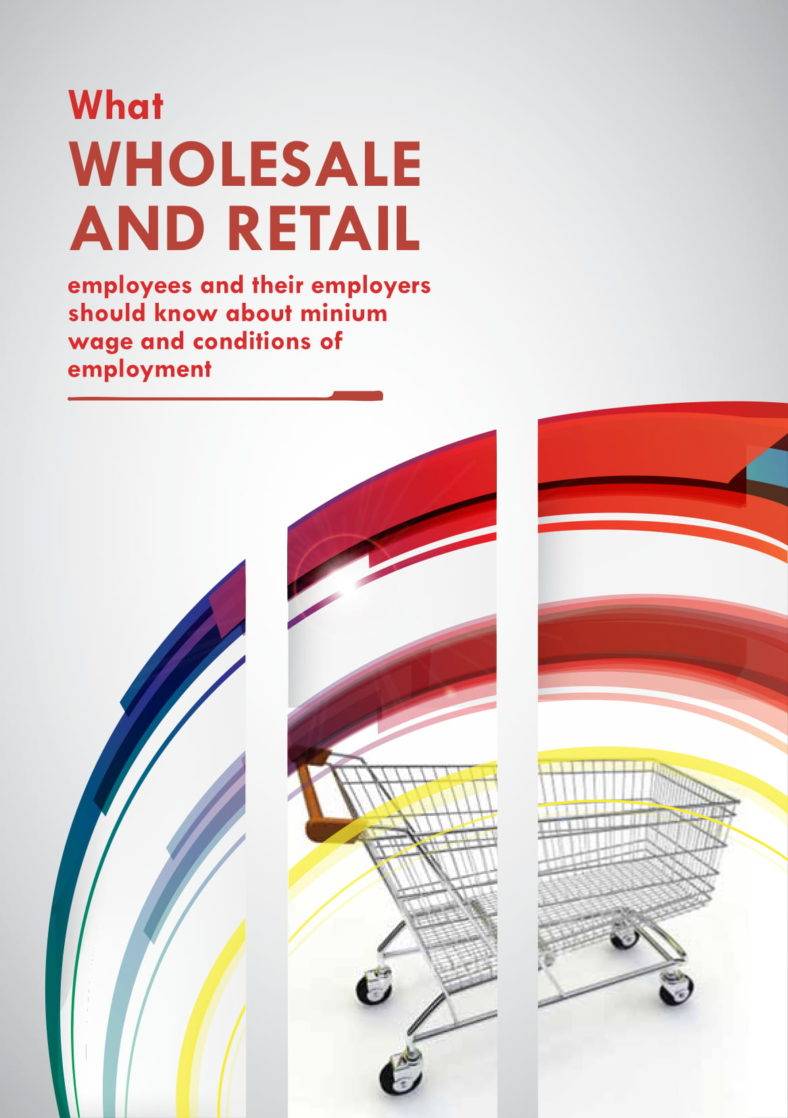
labour.gov.za
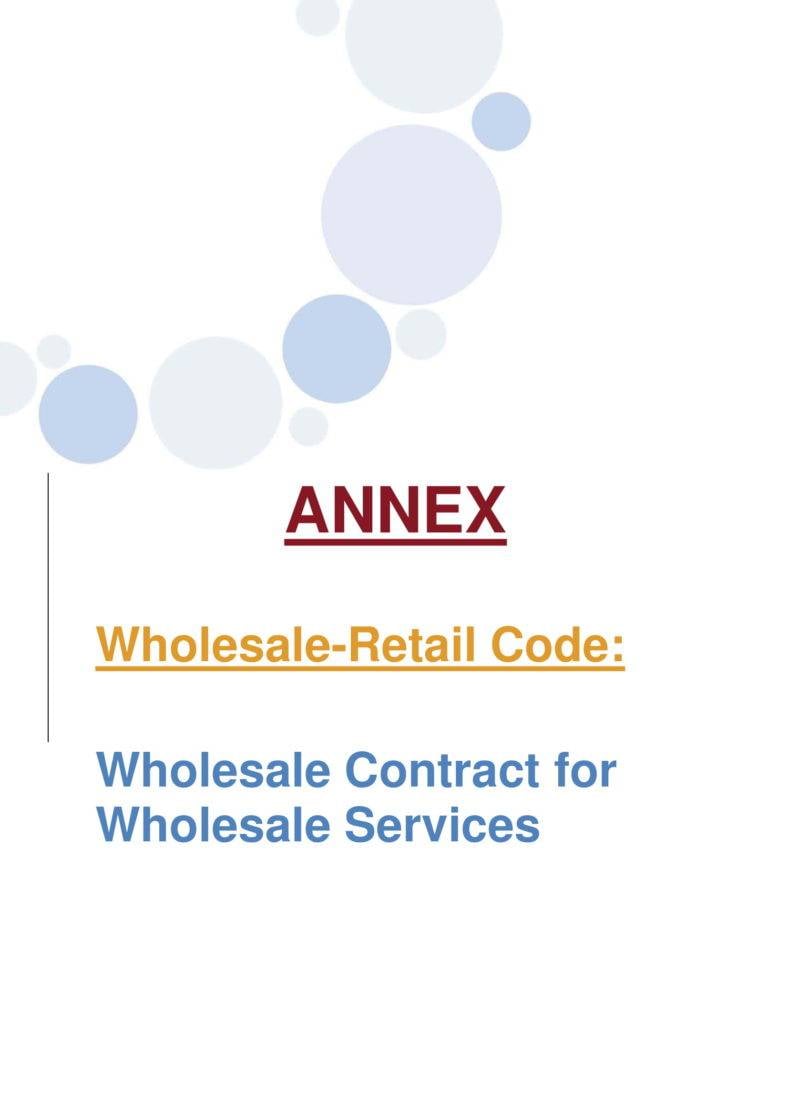
psc.ky.go
There are a whole lot of other reasons why retailers get their products from wholesalers. They would be able to save money for the difference in price tag because bulk orders would cost lower. Business retailers can gain more in this type of investment, selling the products to customers at lower prices. They could also bring it to the next level by marketing examples of their business as a discount store, to attract more customers.
And if they prove to be good at this and be able to keep it up, then they can use it as a big opportunity in gaining large sums of profit. As wholesalers offer a great variety of brands and products, purchases made through wholesale tend to also be hassle-free and far more efficient. Merchandisers, at the same time, can get all of the stocks of the products they sell, at once. You may also see our well-designed agreement sample templates.
You get your product quicker, thereby allowing more time for the other areas of your business that need your attention, overall improving the business to further its goals.
A wholesaler can be a person or a firm that sells products in bulk quantities to retailers, allowing them to take advantage of a lower price than if he/she were to buy individual items. The wholesaler generally buys goods directly from the manufacturer.
A wholesale price is a rate charged by the manufacturer or distributor for an item to retailers. A retail price is a rate charged by retailers to end-customers. Wholesale buyers typically purchase in bulk, but retailers sell individual units at a slightly higher price for the consumer’s personal consumption. Find more professional agreement templates by visiting this link.
A wholesale sheet is a sales tool containing product images, descriptions, color & size options, and wholesale prices. It is used by brands and designers to present their products in a well-organized manner to wholesale buyers.
If you intend to start a business that consists of reselling wholesale items, then you must check if your state requires you to have a license. A license will help you legally conduct transactions from manufacturers without paying tax. Explore additional wholesale agreement templates on our website, template.net, to find a variety of options that suit your needs.